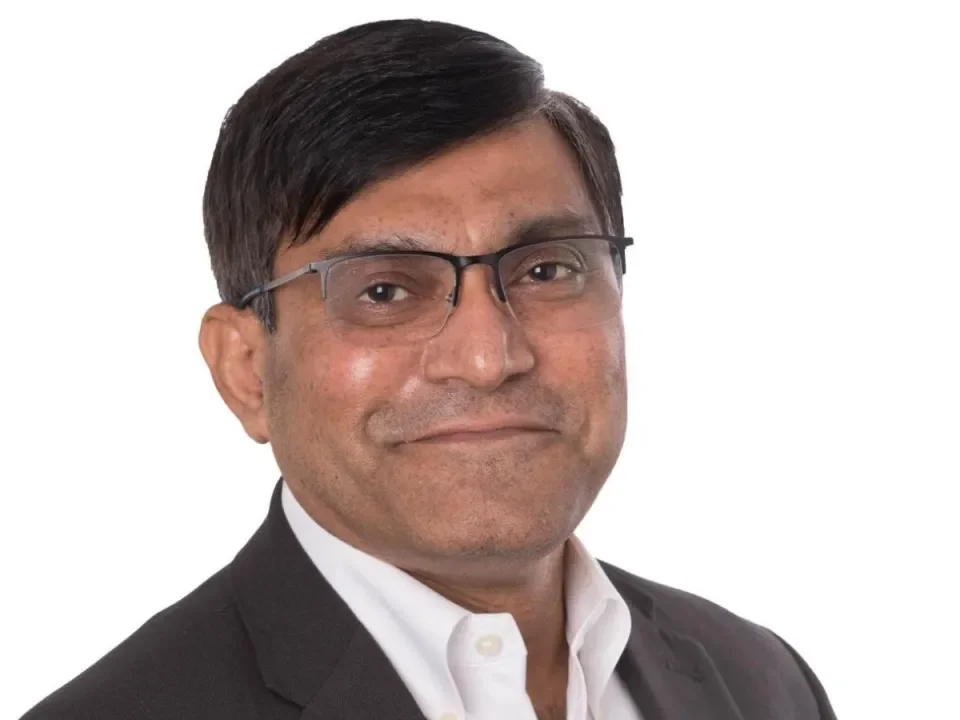

A constant innovator

Dr Zia Karim, Chief Technology Officer at Yield Engineering Systems.
A world-class innovator in semiconductor development, DCU graduate Zia Karim is using the sector’s current slight downturn as an opportunity to generate new ideas, writes Mícheál Ó Scannáil.
DCU alumnus Zia Karim firmly believes that adversity can be the mother of invention.
Chief Technology Officer at Yield Engineering Systems, based in California, he specialises in semiconductor technology and development. And while the sector has experienced a downturn in recent months, he is embracing it as an opportunity to innovate.
“This is a time that is actually much better for innovation and coming up with the new ideas, new products and new technology. During this slight downturn our main focus will be to come up with the new ideas and then you come up with the new products which will accelerate the production of new technology.
Karim’s job involves designing products for new devices and technology. His ideas live years in the future.
Moore’s Law states that the number of transistors on a microchip doubles every two years, increasing the speed and capability of our computers, while making the technology cheaper.
“It is getting more and more difficult to follow Moore’s Law,” says Karim, “and trying to do so gets very expensive.
“We have to reduce the dimensions, and also improve the power and other performances, while at the same time also decrease the cost.
“To follow Moore’s Law in semiconductors, you need to be innovative. You need to come up with completely new technologies. So that is the exciting part. Right now, innovations are going on and we are part of it.
“So, a simple example is that in your iPhone you have the processor. So right now, you have iPhone 15 processor on the market. What we are doing is that we are putting all those things together very efficiently and then you get a much better performance to meet the customer’s iPhone 16 or 17 demands.”
While his sights are firmly set on the future, Karim says the happiest period of his life was studying for a PhD in Electronic Engineering in DCU.
“In my life, I probably enjoyed that four years from 1989 to 1993 the most. I’m still in touch with my supervisor, and professors. I’m in touch with all my friends from DCU.”
“All my colleagues and teachers really helped me during that time. I came from Bangladesh, and I got lot of help from my friends at that time with speaking English. My English was not very good.”
“It was the cultural shock and it was an environmental shock because, when I came there it was in September and it was getting colder. At that time DCU was very small and I think our department was in a trailer in Glasnevin. We have seen huge growth in DCU since that time.”
After graduating from DCU, Karim worked in a rapid thermal processing company in California. He then joined Sharp, a Japanese company where he said he “did exactly the same work as in the PhD” – this involved working on plasma enhanced chemical vapor deposition.
After working for LAM Research, Applied Materials and AIXTRON in the semiconductor industry, he is now recognised as a world-class innovator in his role with Yield.
His advice to DCU students planning a career in tech is to back themselves and remain positive.
“My main piece of advice for any young people is to utilize their time in an educational institute,” he says.
“They have great facilities. When you are in the school utilize those resources. Also don’t be afraid to reach out to people. People always want to help and my experience of DCU is that the people there are very helpful.
“Always stay very ambitious about your growth, just be positive about the environment you are in, keep working hard and believe in yourself as a leader.”
Mícheál Ó Scannáil is a reporter and presenter with RTÉ.
